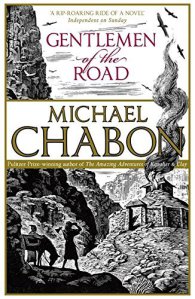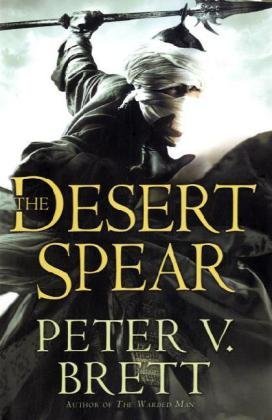Download links for: Arabian Nights Entertainments


Reviews (see all)
Write review
repetitions abound in this collections of stories so got rather bored with it towards the end.
I have missed my stop more than once, reading this on the subway.
More comprehensive than Burton's, but also more tame.
(Kindle edition)
X2
Other books by Fantasy
Other books by Anonymous
Related articles













